It was a Sunday morning early, way too early. Any sane person was still fast asleep but a return trip from a magazine assignment to a place that a month ago I could barely find on a map and still wasn’t sure I was pronouncing correctly had me jet-lagged and sleepless.
I rose and walked down to Lake Superior just a few blocks from our house and stepped right into the most beautiful sunrise I had ever seen.
Mist was rising like gray wings off the still waters tinted red by the approaching sun. A pair of ducks circled like black stars. The beauty of it left me breathless and, I have to admit, questioning my life choices: how many miles do I need to travel, I thought to myself, before I begin to see the beauty right in front of me?
Humans are a traveling species. The average American moves 11.7 times in their lifetime, and visits at least 20 other states. Today, 48% of Americans have a passport (up from just 5% in 1990) meaning that more Americans have the ability to travel abroad today than at any other time in our nation’s history.
It is in our DNA this desire to see what is over the hill or around the next bend in the trail. Travel puts us in the midst of new cultures, in the presence of other species, and maybe even helps us find ourselves in the process. To paraphrase Ted Kerasote in his book Navigations, we are a species in love with movement, with the sheer act of finding and re-finding the way.
There are plenty of glossy-paged travel books and coffee cup quotes urging us to expand our horizons by leaving home and I am not against the nomadic life. But for me, it took finding my way back home to really ignite my creativity.
For much of my adult life, I lived like a stone skipping across the earth. My work as a freelance writer took me to six continents – skiing across glaciers in Alaska, sailing on a research vessel in Antarctica, river rafting in China. I spent time with a man known as the “Sea Wolf” whose profession was plundering ancient shipwrecks in the Mediterranean, climbed Kilimanjaro with a constellation of star climbers living with M.S. or Parkinson’s disease, and was literally touched by a grizzly at the southern tip of Russia’s Kamchatka Peninsula.
It was a passionate, exciting life. But, something was missing.
“To be everywhere at once is to be nowhere forever,” wrote Edward Abbey. As I stood at the edge of Lake Superior that sunlit morning, I felt the weight of all those miles pressing down on my road-weary shoulders. By trying to be everywhere, had I inadvertently become the “nowhere man”? I knew it was time to come home.
For me, that means the Apostle Islands. Choosing to focus my attention and creativity on the Apostle Islands and Wisconsin’s Northwoods gives me a focus, a subject, a “somewhere.” I began to look more closely, listen harder, and see more deeply, returning again and again to the same landscape to see it in a different light, different seasons, different angle – something I could rarely do in the exotic places I traveled before. Instead of traveling “widely” I began to travel deeply.
But, was I getting anywhere? A jet-setting traveler can tally their progress in frequent flier miles. How do you measure progress in staying in one place?
For me, the answer was a small tree. There was this beautiful, brassy, little birch tree that stood out over a small bay near my home. It seemed to lean out over the dark waters of the bay and catch the last golden rays of sun. I returned again and again to photograph it until one morning, after a particularly windy night, I set up my tripod, looked through the viewfinder, and … it was gone. Blown over in the storm.
A weight seemed to settle in my stomach. As silly as it may sound, I found myself mourning the loss of a single tree. Then it hit me: I was mourning the loss of a single tree because I had seen it, appreciated it, come to know it deeply and over time. I would have never thought twice about it, never noticed its loss, or even knew there had been a loss, in the days when I collected landscapes like postcards. I was mourning because I had begun to see this place not as a postcard but as a living, breathing, and changing landscape. Nowhere had become somewhere, and that somewhere was becoming home.
Today, my work centers around the Marcel Proust quote, “The true journey of discovery consists not in seeking new landscapes, but in having new eyes.”
I do not decry traveling. I listen with appreciation to the stories and smile at the photo scrolls of friends who have just returned from exotic places. But deep down I know that I have found my place, my focus. And every day now rather than jetting off across the world, I turn my attention to this one small part of that world and push myself to see it with “new eyes.” No more there and gone. Now, I strive to be, simply, here. It is that focus, that search, which has become the inspiration for the Little Dipper blog you have before you.
Unlike what travel brochures may lead you to believe, turning my back on the lure of everywhere has not left me stranded in a repetitious nowhere. It has taken me on a different sort of journey, a trip not further and further away, but deeper and deeper in. All of those miles, it seems, have quite unexpectedly, shown me the way back home.
— Jeff Rennicke (all photography by the author unless otherwise noted)
If you are seeking a connection with your chosen landscape, a sense of home, and are not yet a subscriber, click below and join the journey aboard the “Little Dipper.”




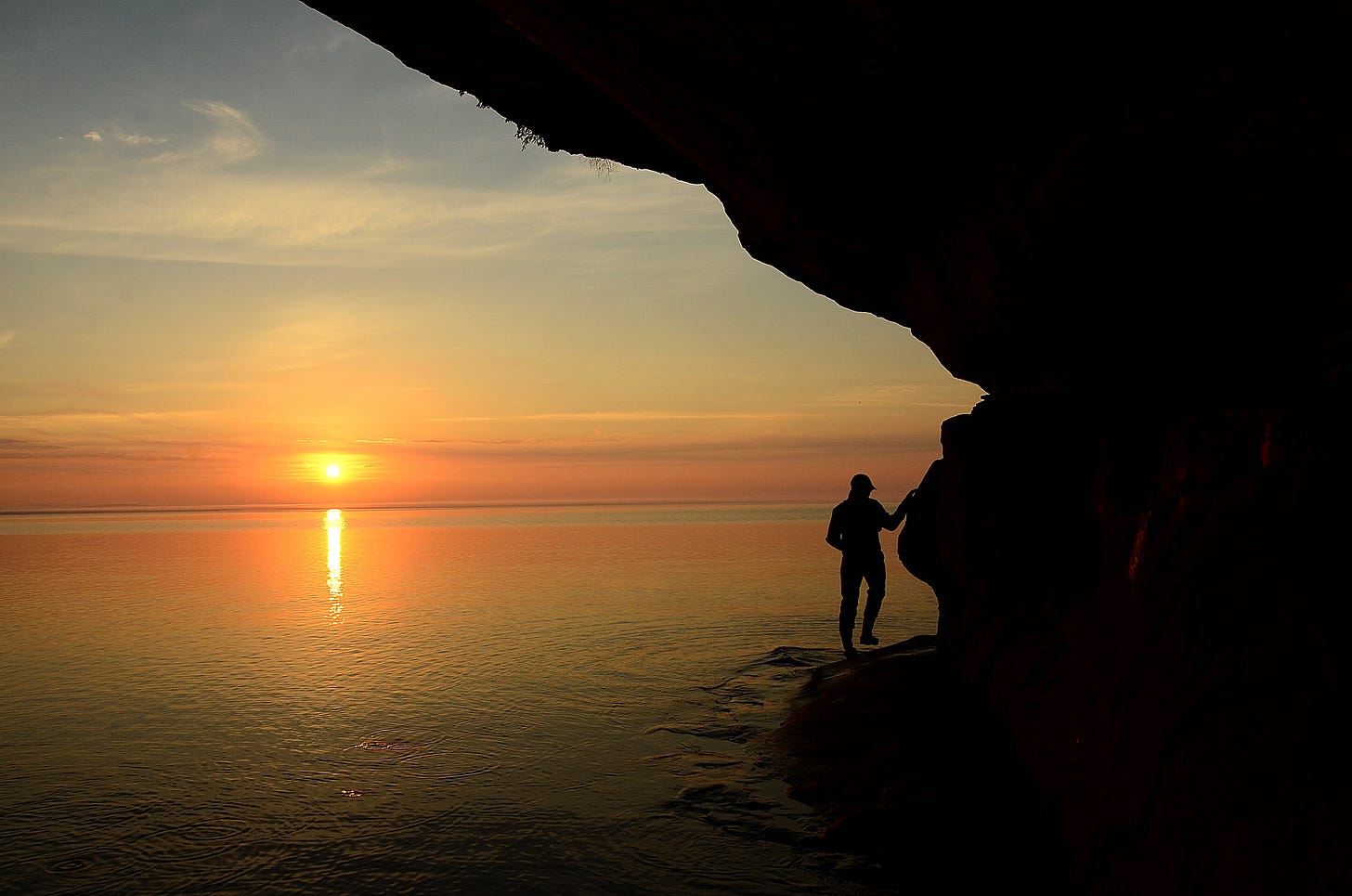
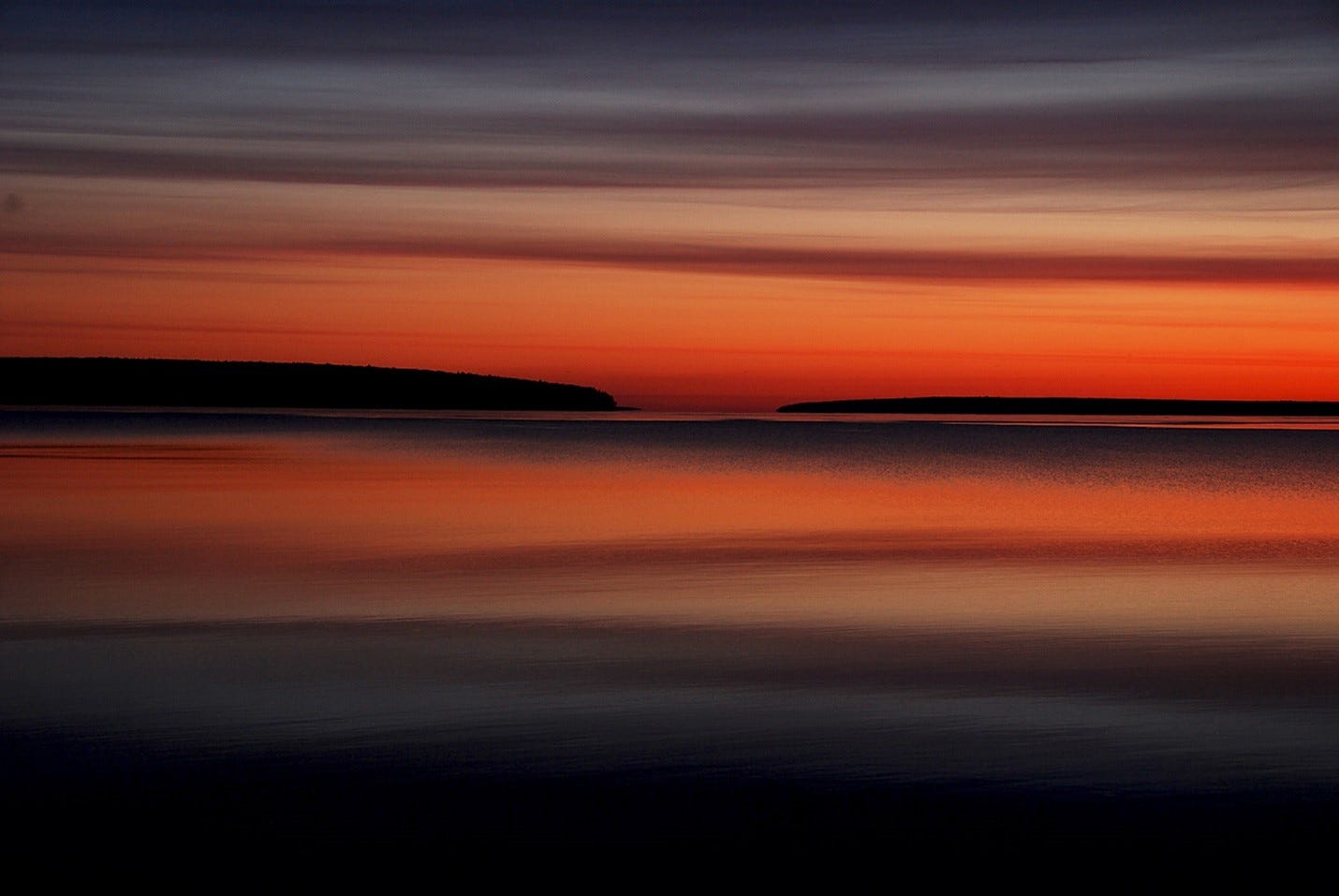
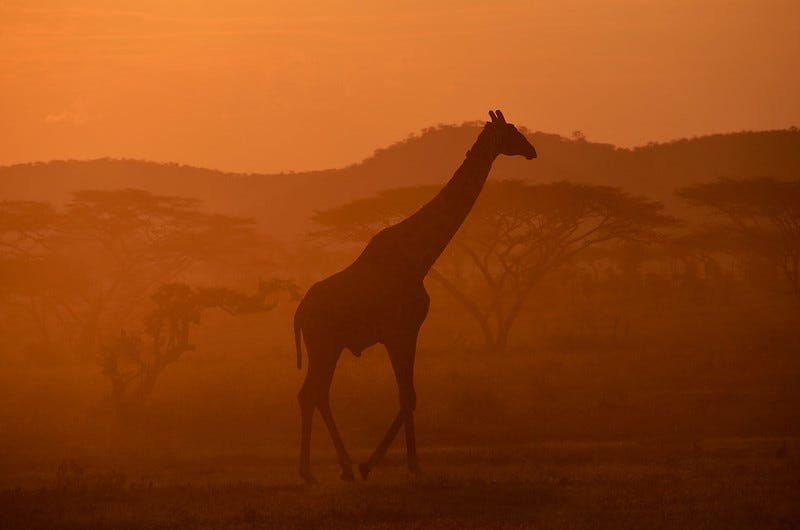
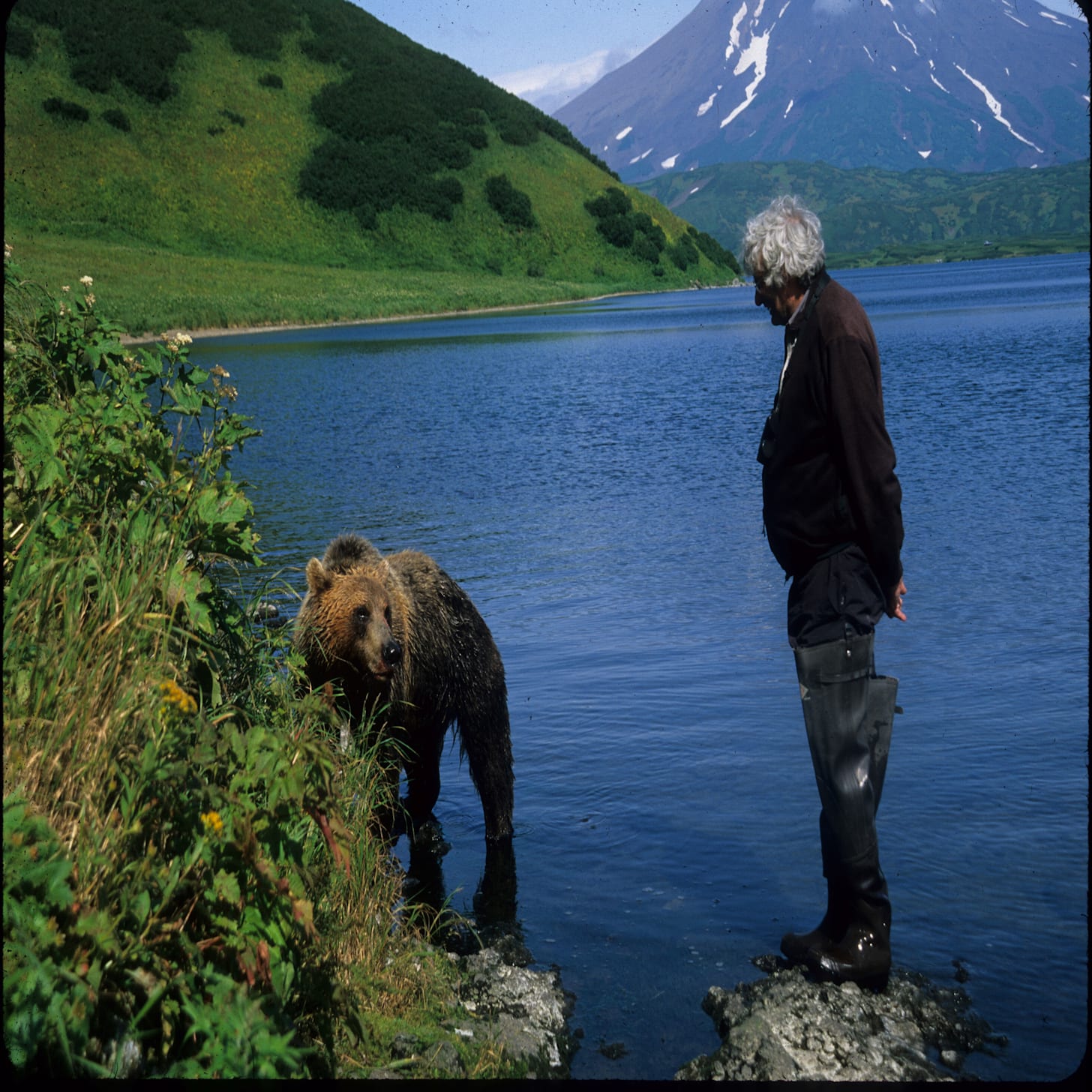
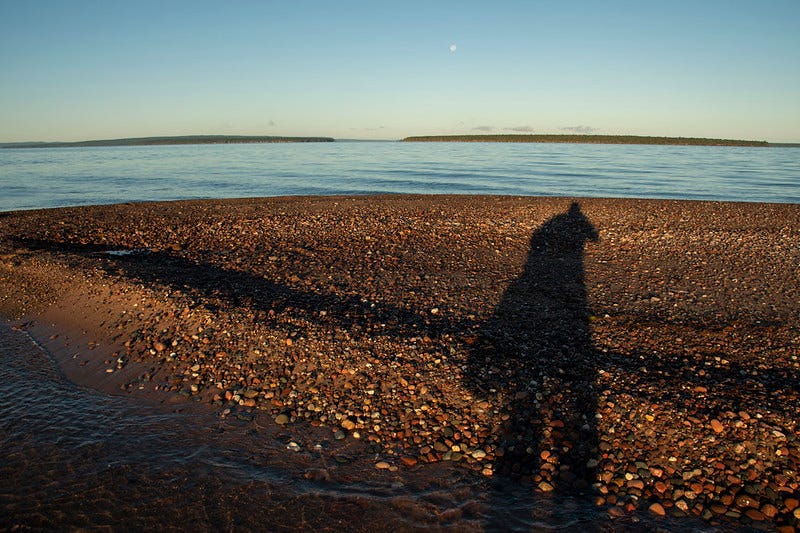
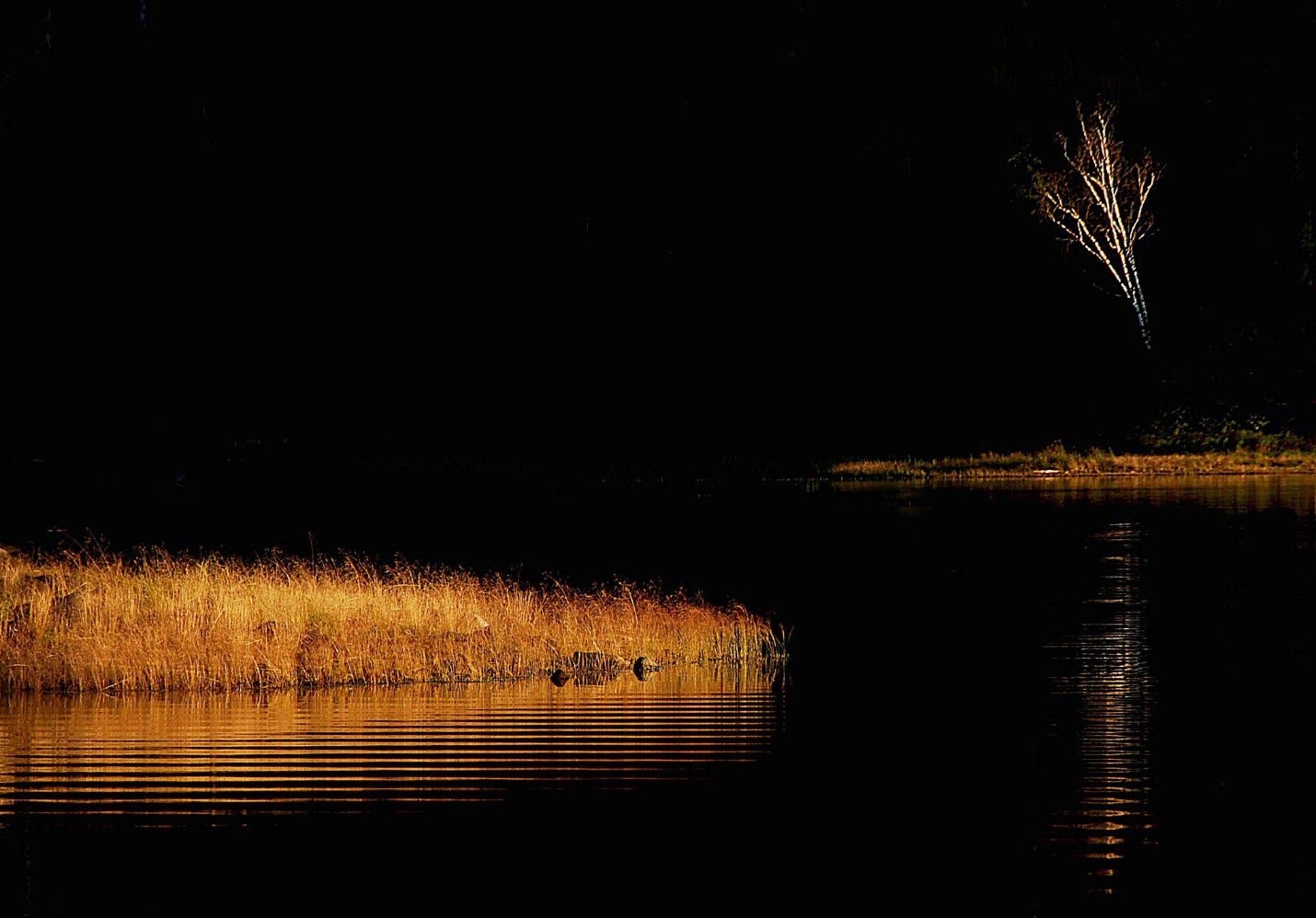
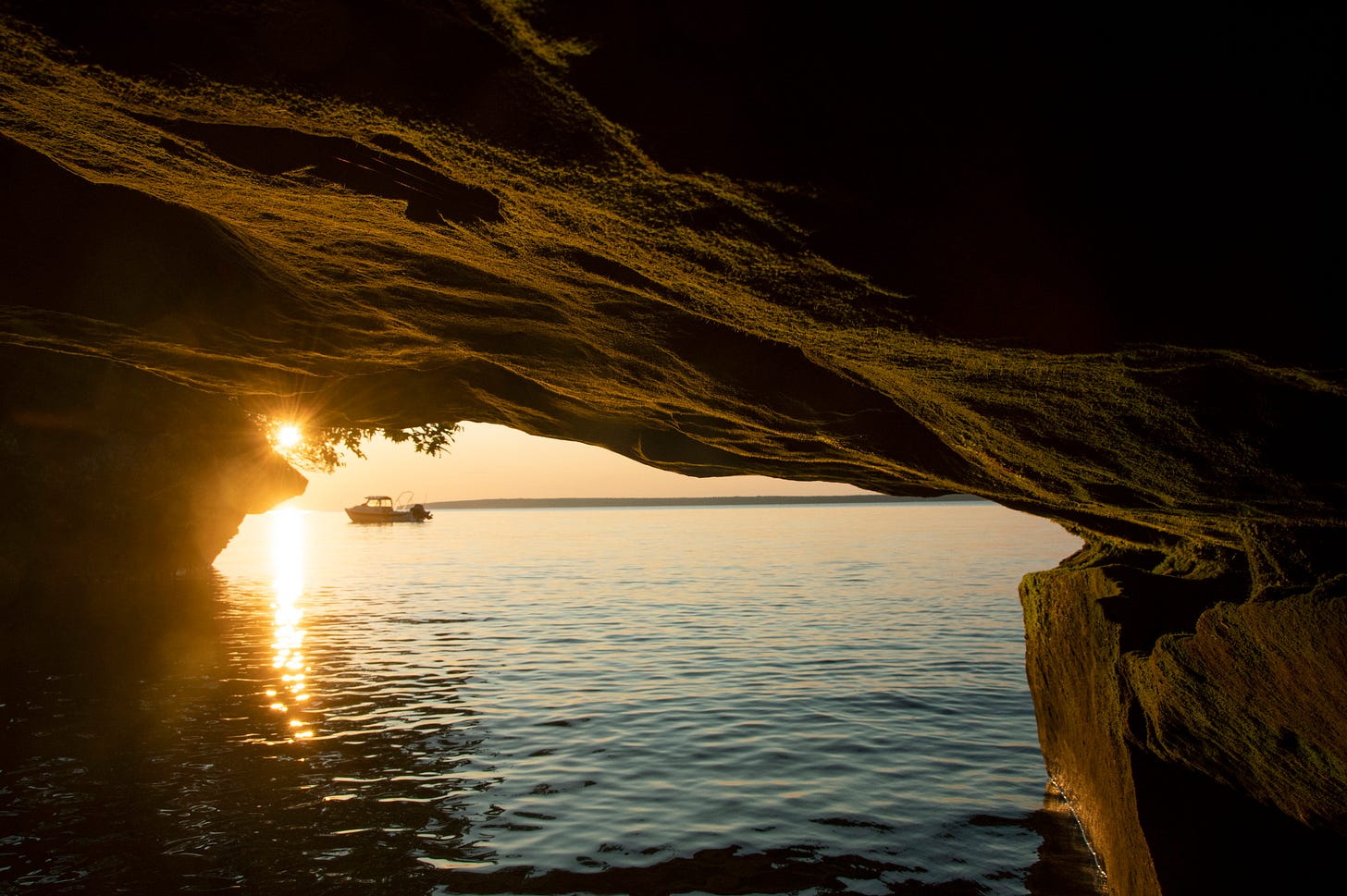
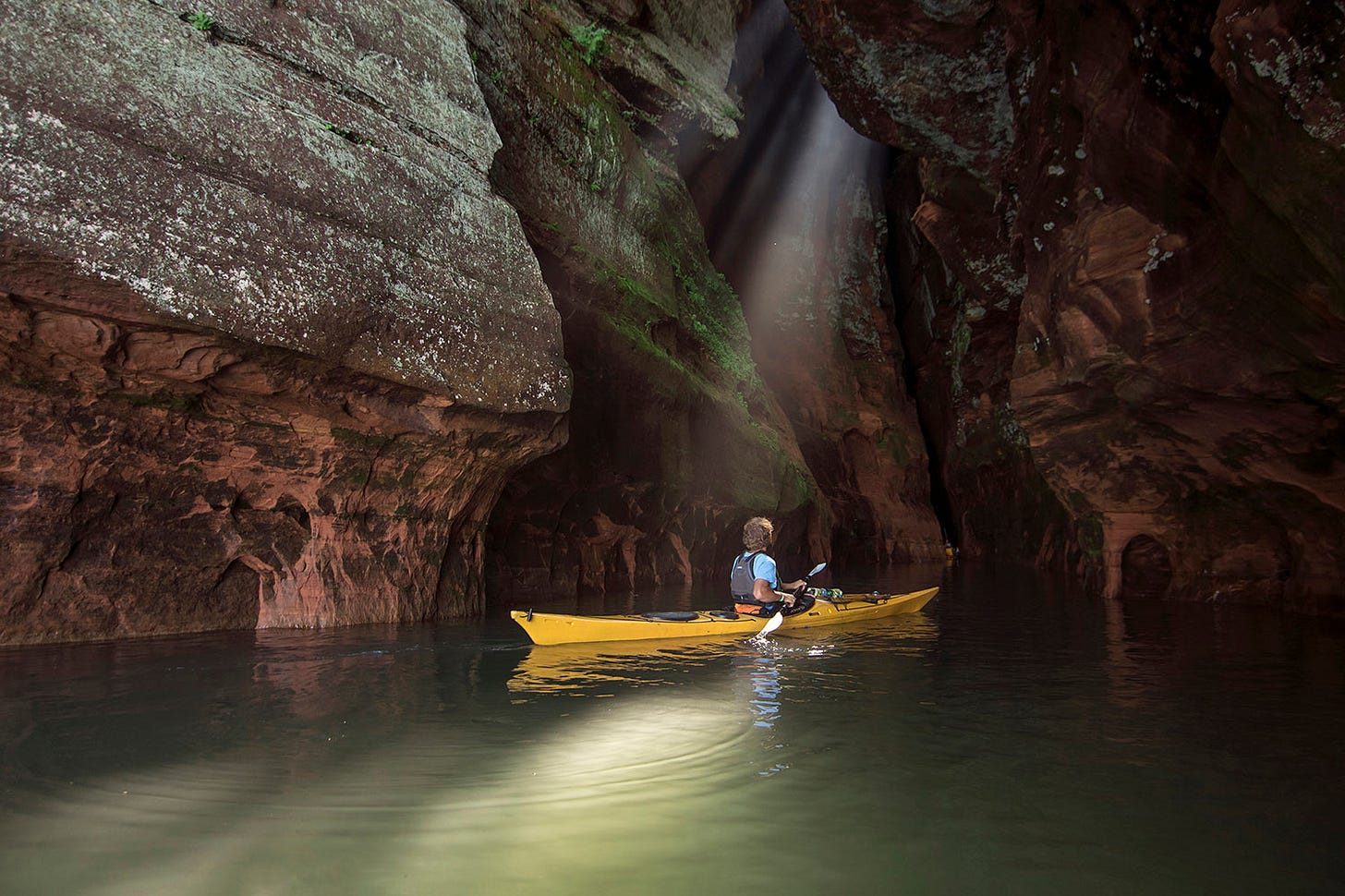
Beautiful post, Jeff! I’m fascinated by the “peace that passes all understanding,” an experience that is underrated in a culture that values adrenaline rushes more than the gentle high that lasts only a second or two. I also believe that people experience this spiritual high in many different ways. People who only find God on one path (religion, nature, poetry, friendship, etc.) often become zealots. We want to pass on our joy, but I think it’s better to encourage other folks to open their hearts to the possibility that they, too, are capable of feeling this peace. (This is a statement of faith — some folks, it seems, have buried this capacity under such layers of fear and greed they have forgotten the innocence of their childhood.)
Beautiful touching photos and words ! Knowing how I feel about the Apostles , think you made the right decision .
After being moved around a lot as the child of an eternally restless man , I settled into my own home in my twenties ,and now it has been 52 years since. The only thing that could have tempted me away would have been a permanent home in Bayfield, but even that would have been difficult . Blessed to have a smaller second home to come to there .